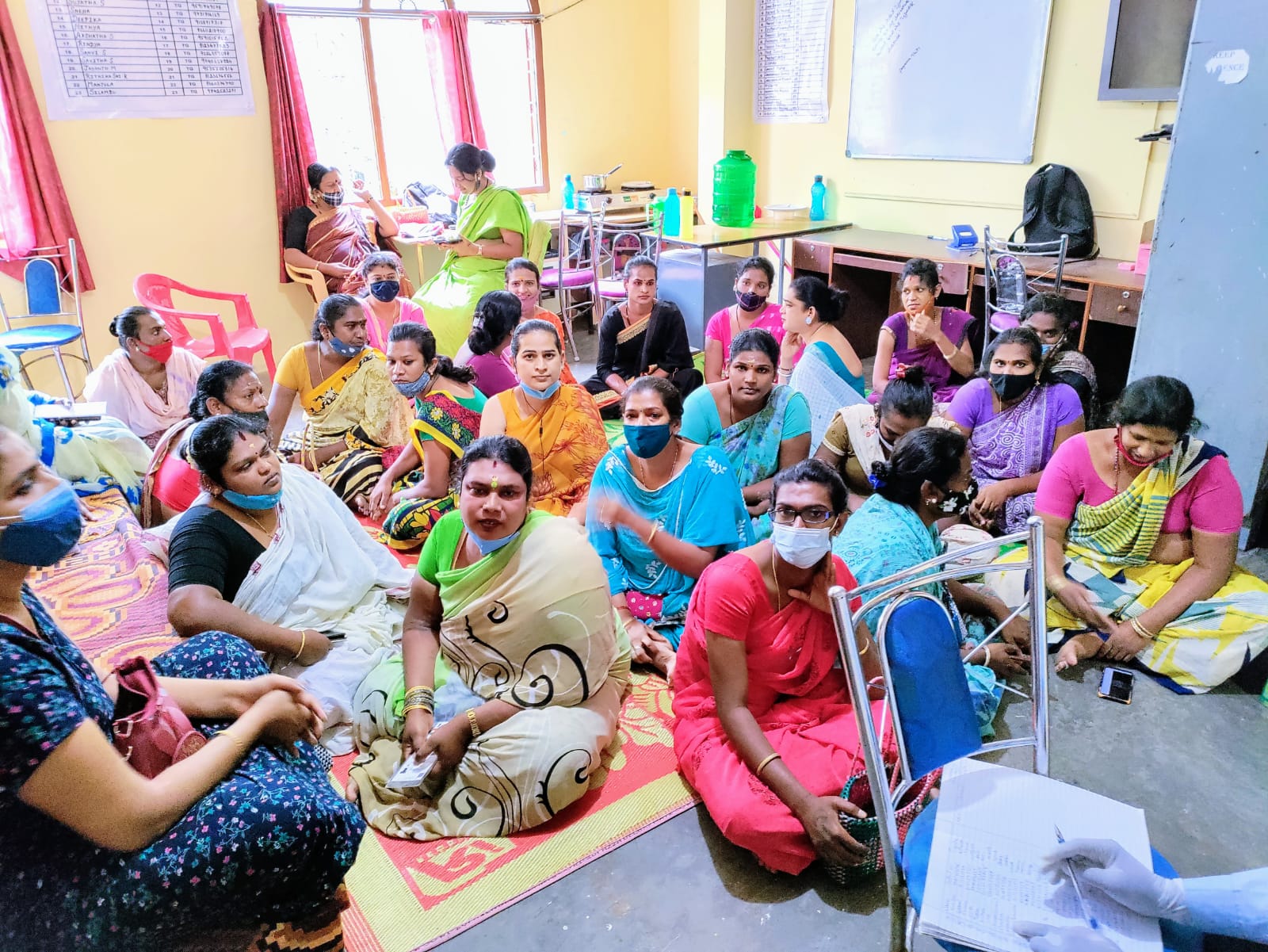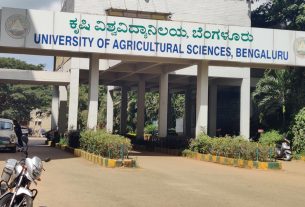Despite an estimated 80,000 transgenders in the state, only two percent of them have registered to vote for the upcoming BBMP elections in 2022.
About a few months ago, Rakshitha, a transgender activist, visited the Election Commission office with the hope of walking out with a chance to vote. Even with all the eyes traveling up and down her body, she was ignored by the men sitting in the big chairs. in However, with her on the spot knowledge, she managed to make the men act on what she wanted, a voter-ID.
But, this doesn’t hold true for everyone from the community. The number of eligible transgender voters has seen only a marginal increase in the draft electoral rolls for 2022, from 1,439 in 2021 to 1,646 in 2022, according to data released by the Chief Electoral Officer (CEO) of Karnataka.
“People fromour community are still not aware of how to register for voter ID cards,” said Rakshitha. Higher authorities have not created comfortable zones for transgenders to apply for such ID cards despite elections coming up, she added. While the state was meant to arrange for the cards in special camps, people from the community claim that it hasn’t been done. “The real question is how many transgenders are getting the voter ID card via these camps,” she said.
“We haven’t conducted any camps for transgenders in the past few months in BBMP South limits,” said Santosh, an official at the Chief Electoral Officer’s office in Karnataka. However, they are consistently receiving applications from the community, he added. Around 351 transgender persons have registered in BBMP South limits in this year, he added.
Data released by the CEO of Karnataka shows that the number of transgender voter registration has doubled compared to the previous assembly elections from 2,100 in 2013 to 4,844 in 2018. However, Karnataka has a population of 70,000 transgenders according to a report.
The main problem is with obtaining a proof of residence, which is one of the first documents needed for registering for a voter ID, said Delfina, a transgender. “Many transgenders find it hard to obtain such documents as they drop out of school, leave home and take to the streets,” they said. Even if they have such documents, the verification process that follows the registration becomes a challenge. “Their parents might ask officials to give the voter ID to them because their child is not at home,” they added. This becomes a problem as majority of the parents do not accept their child as transgender, they said.
The NALSA vs. Union of India judgement, 2014 held that transgender people are the “third gender” and said that the fundamental rights of the constitution will be equally applicable to them. The Supreme Court also allowed transgender persons to apply for an identity card in their preferred name and gender after transition through a gazette notification.
However, reports from across the country show that only few people from the community have managed to obtain documents in their preferred name and gender. In fact, three out of four transgenders interviewed for a survey in Kerala in 2014-15, could not register themselves in their preferred identity while applying for Aadhar or a voter ID card.
Additionally, the inclusion of “transgender” option in the forms does not end the problem, said Delfina. There could be a mismatch between the name and gender in the documents that were received at birth and what they identify with now. “Traditionally within the community, there are few people who have received their Aadhar card and opened bank accounts without doing the gazette notification process which have different names,” they added.
In fact, most forms of data collection in the country has been sex-focused and not gender-focused, according to a report by Centre for Internet and Society. “This shift in focus to data has led to further exclusion of already disenfranchised groups including the transgender community,” the report stated.
However, the problem exists not just with obtaining a voter id and other identification documents. “Political participation in general for transgenders is becoming difficult,” said Uma, executive director at Jeeva foundation. The administrators who are responsible for conducting camps for registration and elections are not aware about the community’s issues, she added.
The government needs to create strategies to support the LGBTQIA+ community, said Uma. “We are requesting the government to treat us right firstly,” she added. Additionally, the government needs to educate every department about the transgender community, said Rakshitha. “Policy needs to transform into practicality,” she said.
At the policy level, the number of steps for the registration process should be simplified, said Delfina. The Aadhar system has only added to the number of identity cards that a transgender person has to get. This has not simplified the process, they said. “The government needs to ensure that no one is left behind,” they added.



